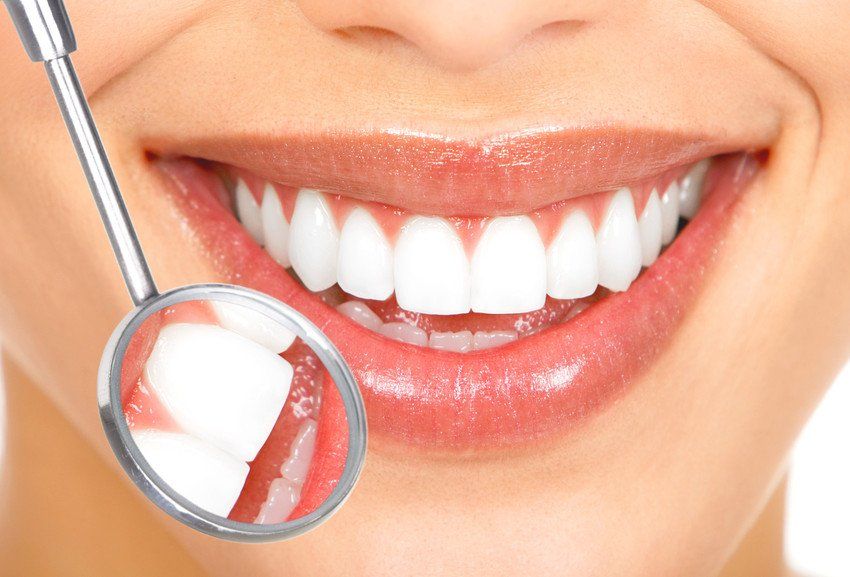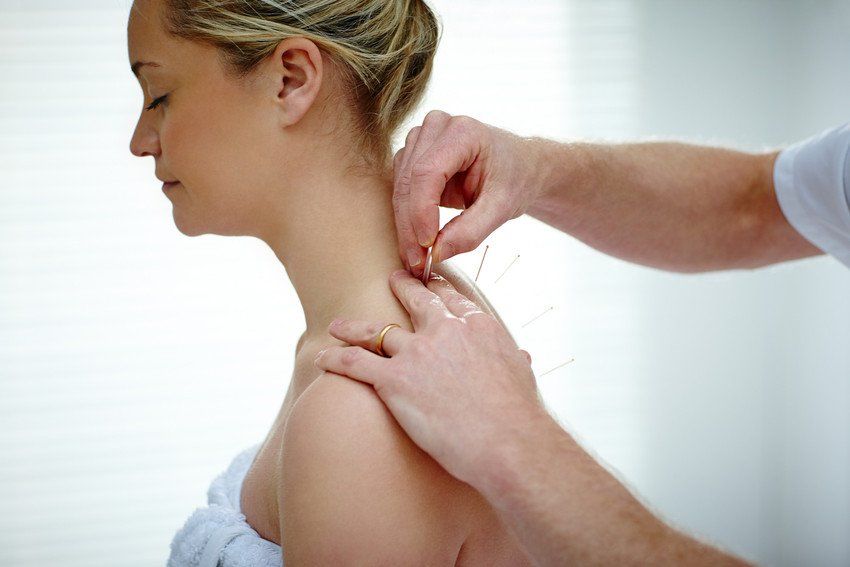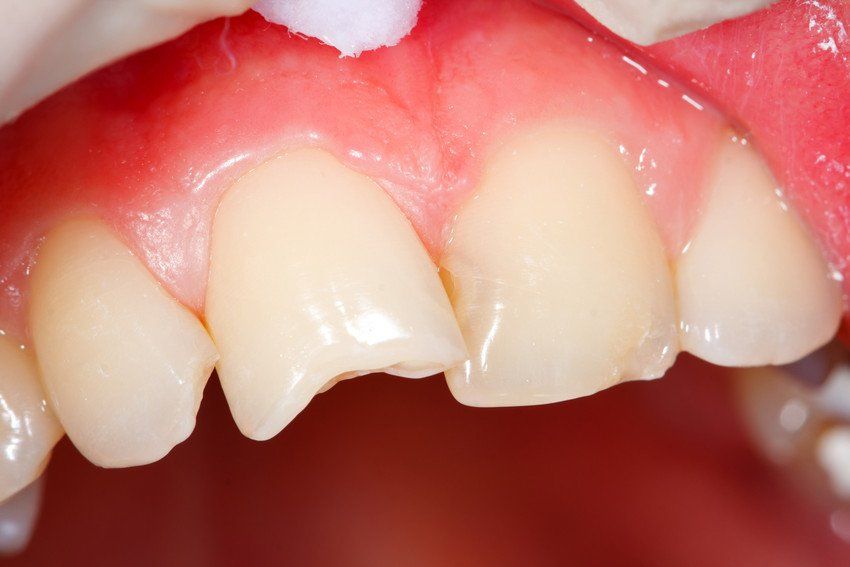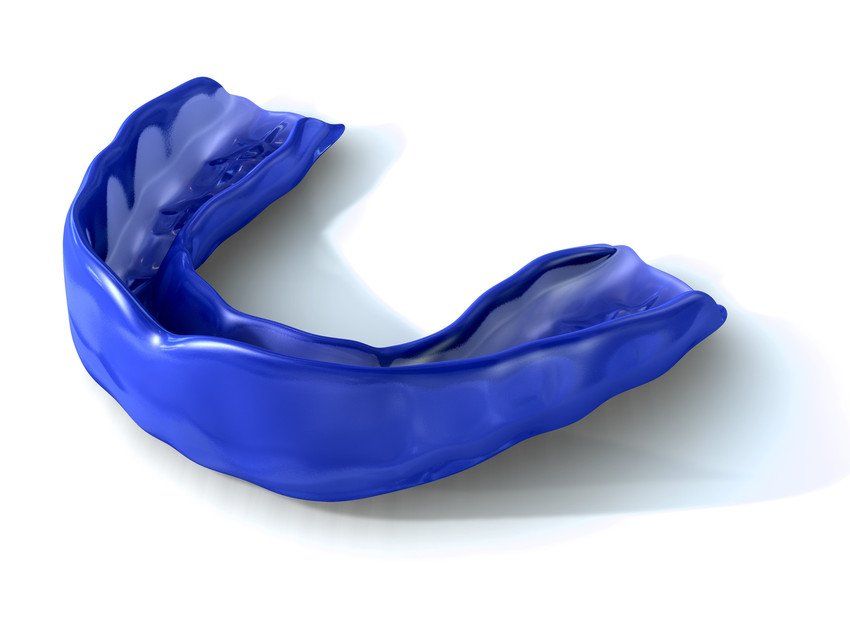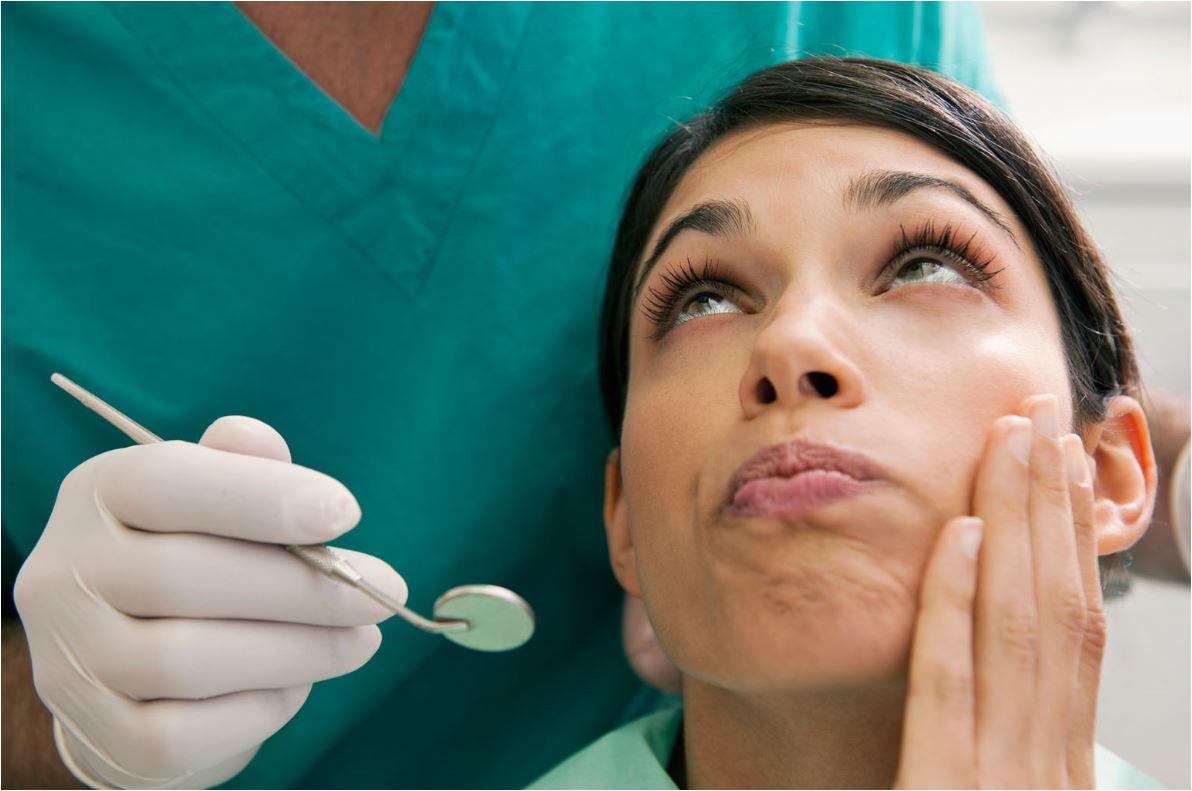A Guide to Tooth Types and Their Functions
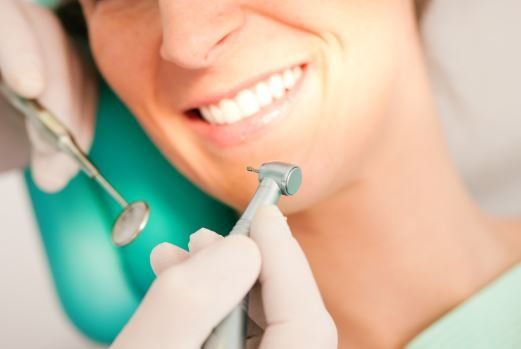
We’re taught to look after our teeth from a young age, and most people are aware of the importance of regular tooth brushing and avoiding too many fizzy drinks. We may know how to look after our teeth, but what about their different types and specific functions? From sharp incisors used for tearing food, to flat molars for chewing and crushing, our teeth are cleverly designed to help us chew and digest food as easily as possible. If you want to know more about the different tooth types and their functions, then read on for a brief guide to human tooth types.
Also known as baby teeth, milk teeth are not strictly one of the four official tooth types, but they do play an important role in human growth development. Known as the primary dentition, most babies’ first teeth come through between six and 12 months of age, and children have usually grown a full set of milk teeth by the time they are three years old. At around age five or six, these milk teeth gradually fall out to make way for the full set of 32 adult teeth.
Adults have four canine teeth, which are pointed in shape and lie just outside of the incisors. Their main function is to tear food, and they have the longest root out of the four tooth types. Canines are usually the largest teeth in any mammal’s mouth.
There are eight incisors; four each in the upper and lower jaws, and the primary function of these sharp teeth is to cut food. They work with the canines to tear and chop food into small, bitesize pieces as you chew. Incisors have a single root, and they are split into central incisors (located in the front of the mouth), and the lateral incisors which lie either side.
These teeth are much broader and flatter than canines or incisors, and are used to grind up food. They usually have two tooth roots, and there are 12 molars in total, although some people do not fully develop what are known as ‘third molars’, also called wisdom teeth.
These are located behind and adjacent to the canines, and are designed to crush food into smaller pieces. Adults have eight premolars in total, and they only appear once the adult teeth have begun to come in.
We know all about teeth here at Manor Road Dental, and our practice in Swansea is dedicated to taking the best possible care of all the tooth types listed above. We offer a full range of dentistry services, from dental plans to fillings, oral hygiene, cosmetic dentistry, aligners and much more. For more information about any of our services or to make an appointment, give us a call today or visit our website.



